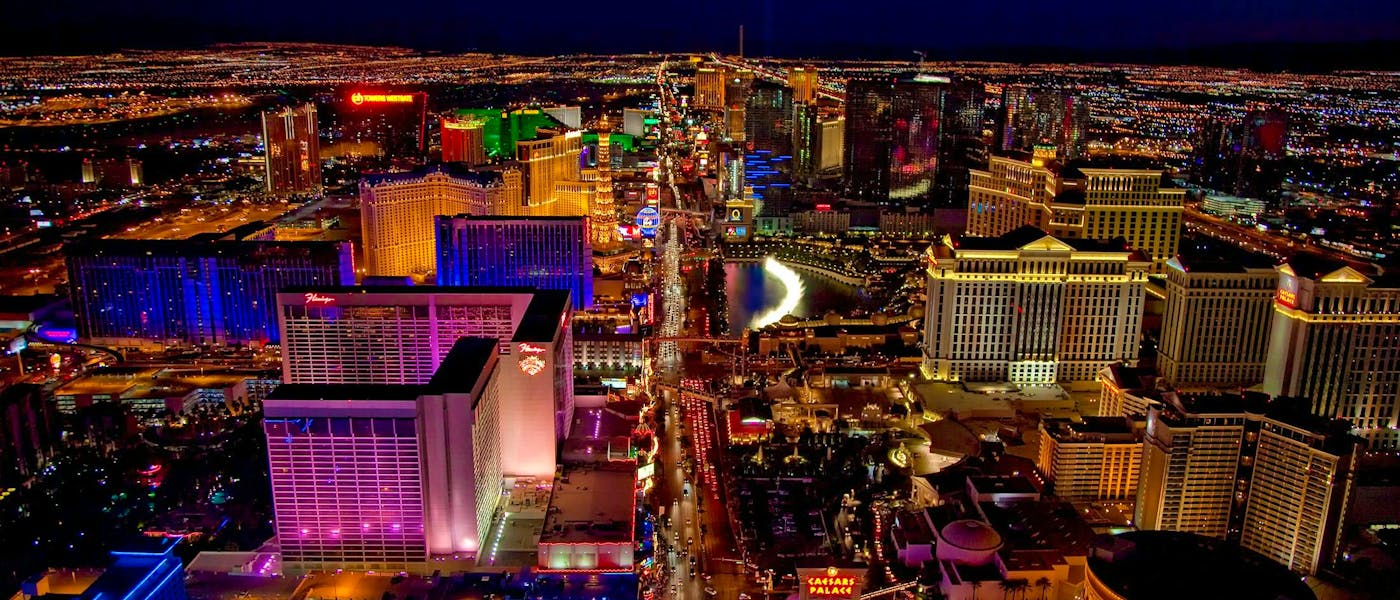Join us today as we explore the global rise of casino tourism.
Asia-Pacific takes the lead
Macau flipped the script. For years, it quietly passed Vegas in pure gaming revenue, and then it kept going. Walk the Cotai Strip and you get the idea fast. Integrated resorts are cities within cities, hotels folded into shopping arcades, arenas, and Michelin rooms where the tasting menu becomes the night out.
Singapore followed with Marina Bay Sands and Resorts World Sentosa, two properties that turned into landmarks as soon as they opened. People book for the rooftop pool, for the art, for the restaurants that end up on must-eat lists. The casino floor is there, a centrepiece, but not the whole play.
Manila’s Entertainment City joined the race, South Korea built Paradise City to court international visitors, and Japan’s first integrated resort in Osaka is moving from blueprint to reality. Policy plus a rising middle class, that is the story. Build the resort, connect it to airports and events, and the flights start filling up.
Europe’s classic appeal
Europe kept its own rhythm. Monte Carlo leans into ritual, tuxedos, and terrace views, the cinematic glamour version. Baden-Baden and Estoril sell an older promise, culture first, tables second, the weekend built around concerts, baths, and coastal drives.
The scale is smaller, but the pull is strong because the experience feels rooted. You are not just gambling, you are inhabiting a place with memory. That matters to travellers who collect atmosphere like postcards.
North America beyond Sin City
Vegas still reinvents itself every few years, and that alone keeps it relevant. Even so, North America is operating on multiple tracks. Atlantic City had swings and stumbles, then stabilised around a smaller, better product.
Tribal properties like Mohegan Sun and Foxwoods turned into full entertainment corridors, arenas, hotel towers, and shopping floors that never quite sleep. Canada added its own twist. Niagara Falls pairs casinos with natural spectacle, a two-for-one itinerary that works for couples and groups. Sports betting, layered on top of all this, created new rituals: watch the game, make a pick, grab dinner, and catch the late show. A weekend becomes a circuit.
The online to offline loop
Here is a shift that sneaks up on you. People discover games and offerings from the best online casino sites, then look for real-world versions on their next trip. The ecosystem feeds itself. A player who compares sites and promotions and often reads about offers or community picks, then ends up booking a city that turns digital curiosity into an actual weekend. That is the loop in action. Online discovery creates intent; the destination supplies the spectacle. Neither exists alone anymore, not really.
Why do cities want casinos at all?
Simple economics, plus storytelling. An integrated resort can act like a lighthouse. It throws off jobs, taxes, and media coverage. It also gives a city a recognisable silhouette, a reason to be on the map for conventions and concerts. Sure, there are valid concerns about problem gambling, and serious destinations put resources behind safeguards and education. The smarter places build entertainment districts that stand on their own, so the trip still works for non-gamblers. That balance is the new baseline.
Culture, identity, and the photo you take home
Casinos are not neutral boxes. They mirror the places they live in. Macau’s Portuguese tiles, Singapore’s futuristic skyline, Monaco’s yacht-dotted harbour, all of that slips into the memory of the trip. The chips and cards are part of it, but so are the museums, the gardens, the late lunch that runs long. Travellers want layers. They want a place to feel like itself, not a copy-paste version of somewhere else.
What’s next?
Technology will keep bending the experience. Think immersive theatre, AR art trails through a resort, and interactive restaurants where the room shifts with the menu. Sustainability is rising too, energy-smart buildings, water reuse, and local sourcing that is not just a line on a brochure.
If the last decade was about scale, the next feels like curation. Fewer generic spaces, more signature moments you actually talk about when you get home. Vegas started the template. The world took it, edited it, and now it belongs to everyone. And if you do not play a single hand, that is fine. The trip can still be a win.
Traveller takeaways
If you plan a casino-centric trip now, build it like a playlist. Mix a day poolside with a night show, reserve one meal you will talk about for a week, then leave space to wander. Check event calendars; many resorts host festivals and pop-ups that change the whole vibe of a weekend. And do not overlook neighbourhoods just beyond the property. That is where local coffee, small galleries, and late-night snacks live. Those small finds make the big spectacle feel personal.
Final note
One last thought. Travel is not only about attractions, it is about pacing. Casinos, the modern kind, understand that rhythm. Quiet mornings, loud nights, a choice to step into the action or step away. That choice is why the model travels so well, as the global rise of casino tourism continues on an upward trend.
Hero image: Pixaby at Pexels

